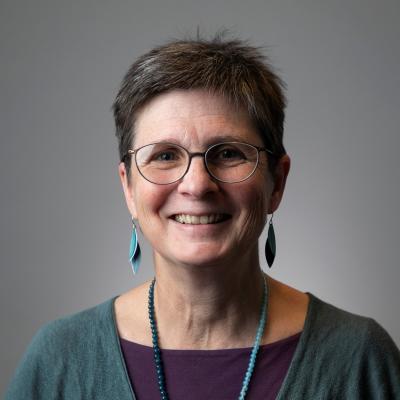Smart sensors and wearable tech: the future for the NHS?
21 November 2013

We often lament how off the pace the NHS is in harnessing the power of the internet. The rest of our lives have been transformed by the ability to access information, book flights and buy anything from essentials to luxury goods pretty much anytime, anywhere. Yet in the NHS, paper and telephone based communication has largely remained the norm.
Wondering what the rest of the world was thinking about in terms of the next generation of information technology, I attended the intriguingly titled Internet of Things conference in London last week.
Apart from being exposed to a wonderful and rich source of new jargon, it quickly became apparent that before healthcare has even caught up with the current possibilities the internet has to offer, the rest of the world will be riding a the new wave of information coming our way.
The ‘Internet of Things’ is the phrase being coined to describe the next step change in connectivity. The first age of the internet was essentially connecting people to information in a largely linear way – emails and websites. The second age was about connecting people to each other through networks and social media. And the third age will be connecting data analytics to the growing number of smart sensors pervading our everyday lives and, in doing so, unleashing data on a scale we haven’t experienced before.
Of course data in itself doesn’t change anything, but there are already a number of ways that remotely collected data is being used to improve productivity, experience and outcomes in other sectors:
- The concept of ‘smart cities’ uses remote sensors to improve supply chain efficiency and resource utilisation.
- Sensors that can tell us when bins need emptying or vending machines are running low can dramatically improve the efficiency with which these services are managed.
- Remote sensors in cars can not only help manufacturers detect and solve software problems in our increasingly complex dashboards, they can generate data that, when connected with our own mobile devices, can help us better navigate traffic, find parking spaces and anticipate hazardous conditions.
- In agriculture remote sensors can ensure that interventions to maximise yield (irrigation, fertiliser use) are anticipated and acted upon.
Admittedly it’s a way off, but in healthcare this could mean:
- Smart sensors could remove the inefficiency and hassle factors of poor supply chains. Our report showed that 20% of surgical procedures are impeded due to equipment problems, half of which are down to missing kit. Using smart sensors to pull stock through could reduce risk of harm and avoid unnecessary workarounds.
- Wearable technology could supplement patient wristbands and support all sorts of feedback on patient flow through the system, as well as reliability in delivering medication, assessments and diagnostics.
- Remote analysis of biomedical data for patient population groups could support more anticipatory care and enable patient monitoring to be done at a much larger, more efficient scale.
- Feedback on health markers to individuals managing long-term conditions could support them to take a more active role in their health.
- Tapping into the data people are able to share instantly through smart phones on their experience and concerns, would go a long way to reassuring boards and senior managers about the quality of care in their organisations.
But how can this potential be realised in an industry that seems to struggle to embrace technology? We will need leaders who fully understand the potential of the Internet of Things and have the vision to see its application to healthcare.
We also mustn’t forget that it’s the human interactions in healthcare that have an incalculable value and, while kindness and care cannot be replaced by machines, there is the potential to take away the burden of the routine and functional aspects of healthcare to genuinely ‘release time to care.’
Over the coming year, we’ll be looking at the contribution we can make to support healthcare utilise these approaches to improve quality.
Jo is Director of Strategy at the Health Foundation, www.twitter.com/jobibbythf
Work with us
We look for talented and passionate individuals as everyone at the Health Foundation has an important role to play.
View current vacanciesThe Q community
Q is an initiative connecting people with improvement expertise across the UK.
Find out more

